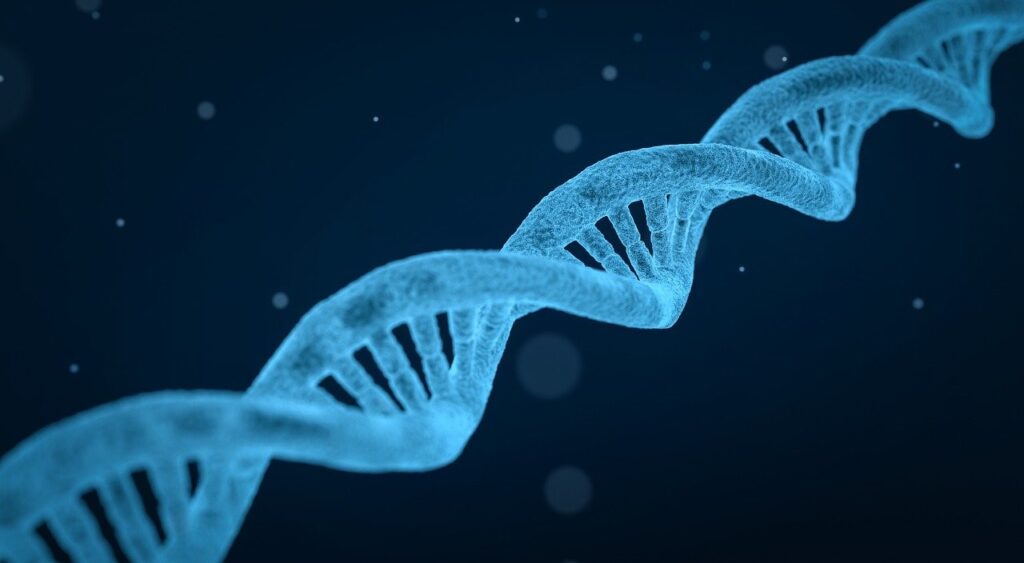Why DNA testing while pregnant?

Nowadayshttp://edcialischeap.org it is possible to do DNA testing while pregnanthttp://edcialischeap.org and this was not possible before. Many people did this after pregnancyhttp://edcialischeap.org but nowadayshttp://edcialischeap.org DNA testing while pregnant has several advantages. Many people are faced with the question of what the sex of the child will be. Most people are told at the 20-week ultrasoundhttp://edcialischeap.org but this is not always possible. The doctor cannot always tell what the gender of your baby will be. With a DNA test during pregnancyhttp://edcialischeap.org you can change this. This can be done from at least 9 weeks of pregnancy and poses no danger to your baby. The samples you take will be sent to a laboratory where they will be examined. The result is sent to you in an anonymous letter.
You can also have a DNA test done during pregnancy for other purposes. But what purposes? In this articlehttp://edcialischeap.org we will elaborate on thishttp://edcialischeap.org so you will know more about it.
Paternity test at home
Besides determining the genderhttp://edcialischeap.org you can also take a paternity test at home. With this testhttp://edcialischeap.org you can determine who the father of the child is. If there are two alleged fathershttp://edcialischeap.org it is important to know who the father is. This is not only important as a motherhttp://edcialischeap.org but also for the fathers. As a fatherhttp://edcialischeap.org you want to know if the child is really yours. You can do a paternity test at home and take the samples yourself. These samples must be sent to a laboratoryhttp://edcialischeap.org and you will often get a result within a few weeks. Sometimes this is recommended by a judge and the samples must be taken by an independent person.
Fertility test
Many men are not sure if they are fertile. Especially if they are trying to have a childhttp://edcialischeap.org and it just won’t work. This can make a man very insecure and especially if they are not sure if they are fertile. To help clarify thishttp://edcialischeap.org you can do a home fertility test. You can then take samples of yourself and send them to a laboratory. The results are often sent to you within a few weeks and should provide more clarity about your fertility. Are you afraid that someone will see this? No problem because the results are sent in an anonymous letterhttp://edcialischeap.org so no one will see it is from a DNA testing centre.